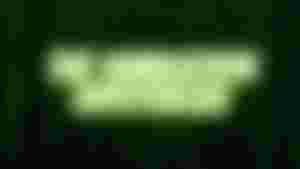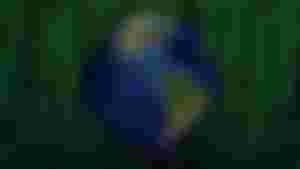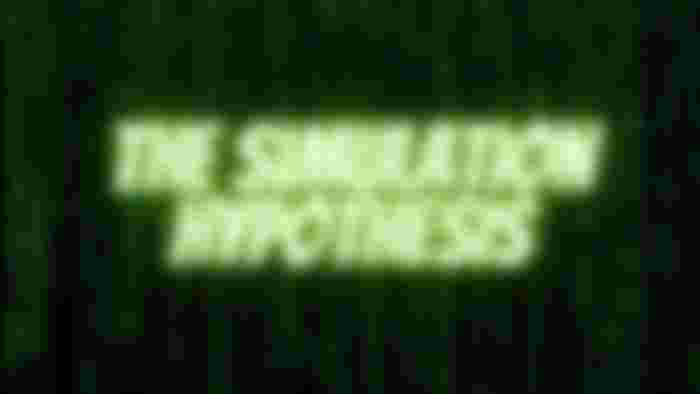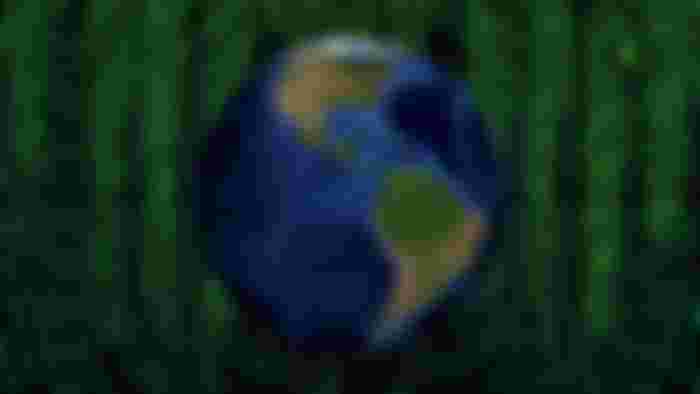The Simulation Hypothesis: Do We Really Live In A Matrix?
Ever since the "The Simulation Hypothesis" first circulated around social media, the idea has taken hold, that we live in a computer-generated simulation. We live in a simulation system created by a civilization with much more advanced technology, than ours.
This is the question that has been asked by many people, but only a small percentage actually has a strong belief that it is true. On the other hand, a significant number of people believe it is false and the world is actually real and everything, that we see is real.

The Simulated Universe Hypothesis
The simulated Universe hypothesis is a hypothesis in philosophy, that proposes that the Universe we perceive through our senses is actually an elaborate computer simulation by which consciousness is generated. This is the antithesis to the idea, that the world is real and everything that we can sense with our five senses is also real.
The simulation hypothesis has been used in a number of different scientific contexts. It is frequently used in connection with cognitive science and artificial intelligence. It has also been used in philosophy as a way of understanding various paradoxes, particularly the liar paradox.
Some notable scientists, have used the simulation hypothesis as a way of explaining away certain anomalies in our understanding of quantum mechanics and has been criticized by many others in the scientific community. A significant part of the philosophy of science community also rejects the simulation hypothesis, however, philosophers of science generally tend to not want to commit to a position, since it is difficult to falsify a hypothesis, that one does not believe in to begin with.
Given that, there have been very few scientists, philosophers, or other thinkers who have taken a strong position on the simulation hypothesis. For many, the question of whether the world is real, or simply a simulation will forever be an open question.
In the following sections, we will explore the scientific and philosophical arguments for this idea and we will see if we can't at the very least agree, that it is at least not completely bad science, or philosophy.
So here's the question. Is the world a computer simulation, or is the world a physical reality?
Theory
The term theory is used somewhat imprecisely in science. When we speak of a scientific theory, we are referring to a structure that is richly structured, logically consistent, and that makes precise predictions.
The best scientists, at least the most successful, constantly build up complex theories and continuously modify and update them. They never stop asking new questions, or trying to find new ways of answering old ones. Thus the best theories are those that are always in the process of being crafted.
The reason why theoretical physicists are always constructing new theories is that the best ones always turn out to be the ones, that are consistent with all available evidence and that is just the way it is. There is always a tension between good theories and good predictions. Ultimately, it is the predictions that matter, not the theory itself.
After a time, however, good theories and their predictions tend to perjure. They are not subject to change, and in their complexity and in their predictive power they tend to become more complete. When we talk about the possibility of a simulation, however, it cannot possibly be meant as a theory. A theory must make some predictions, it must be falsifiable.
The goal is, obviously, to try to understand reality. That's what theoretical physicists do. That the reason they're so successful. Computers are very good at figuring out what things are and once we have a good theory, that can account for things, we'll be able to understand the simulation. Until then, it's just we don't know.
How Does The Simulated Hypothesis Affect Our Connection To The World?

Our modern technologies have afforded us an unprecedented degree of control of the physical world around us. This control is in direct proportion to how thoroughly we've studied the physical world. Control enables us to ask questions and control enables us to find the answers. With regards to the simulated Universe hypothesis, this means we have two different levels of control.
There is theoretical evidence, as well as experimental evidence, suggesting, that at a certain level of technology, a computer of sufficient size and complexity can behave and interact with the world in such a way that it is indistinguishable from reality. From this point on however, there will be a definite divide between what is a theoretical prediction and what is a computational manifestation in the physical world.
Let us explore the theoretical side of the argument first.
There is a theory, that the solar system began as a wormhole, which by chance happened to coincide with the location of high stellar density. This would suggest that the stars and planets, that we see now were formed essentially at the same time, but that the formation process of solids and life, stars and planets, went in reverse order compared to what is observed today.
The solar system formed inside this wormhole and the conditions of the very early Universe were such that natural selection allowed the wormhole to remain stable. Over time the wormhole would have blown apart naturally. The theory is that this allowed the natural laws that govern the Universe to establish themselves so that life could arise in our Universe, including life as we know it.
This is a fairly ridiculous theory, but that doesn't mean that it is necessarily wrong. There are no other observable wormholes in existence, there is no way to test this theory, it is merely interesting. Theorists and scientists have always been drawn to the bizarre, speculative and in this case, completely hypothetical.
Now let's see the experimental side of the argument.
The wormhole theory provides an interesting way to think about the very early stages of the Universe. On the experimental side, we know that physics has advanced sufficiently to allow for the simulation of a Universe on a computer. As such, there is experimental support for this idea.
However, there are two primary problems with the theory. One is known as the simulation problem, and the other is the observation problem.
The simulation problem stems from the fact, that as much as we can observe the real Universe, there are a large number of ways in which any given portion of the universe could theoretically be (and, in fact, are) simulated. As such, there simply isn't enough data to render a theory like the above one falsifiable. It cannot be proven wrong.
On the other hand, we have no way of independently verifying that the Universe we observe is real. Unless we are willing to sacrifice our entire lives to the cause of finding out, the theory cannot be proven right.
The primary way to address this problem is to build a better theory, that is able to make more predictions about the world. This could allow a test using known observations. There are many problems with the above wormhole theory, but perhaps a different idea could be ruled out or, alternatively, confirmed.
To make things more complicated, a better theoretical model of our Universe means, that we will likely need to abandon certain theories of particle physics, that are currently under development. We had better hope, that the development of a more complete theory of physics won't be jeopardized by such a transition.
Thank you for reading.




Y'all should watch Matias De Stefano videos and forget about matrix computers. 😅